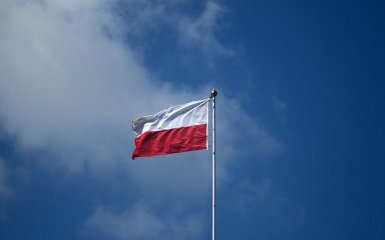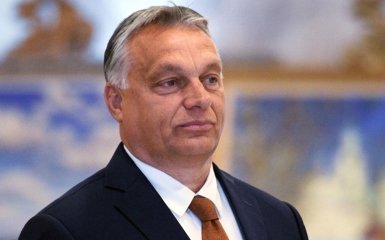Polish Minister of Agriculture Czesław Siekierski wrote a letter to the European Commissioner for Trade, in which he emphasised that he is "in principle against" the continuation of duty-free trade with Ukraine.
What is Poland's position regarding duty-free trade with Ukraine?
According to Sekersky, the complete liberalisation of trade introduced by the EU after the start of the war had a "counterproductive effect".
The minister stated that the problems with excessive imports concern not only cereals but also "sugar, poultry meat, eggs, soft fruits (especially frozen raspberries) and apple concentrate".
According to him, sugar imports from Ukraine have increased 20 times. The minister believes it is necessary to start negotiations with Ukraine "on gradual, mutual liberalisation, which is accompanied by the gradual bringing of Ukrainian agriculture to EU standards and law."
Siekierski supported the exclusion of sugar, poultry and eggs from the EU's free trade regulations and established strengthened protective provisions.
At the same time, he announces Poland's return to negotiations within the framework of the EU Coordination Platform, in which Ukraine, the European Commission, and countries neighbouring Ukraine participate "to find effective and acceptable mechanisms". The previous government refused to participate in this Platform as a sign of protest against the fact that the European Commission did not extend the EU embargo on Ukrainian grain.
RMF FM reports that Brussels is working on a resolution to extend trade liberalisation with Ukraine until June 2025.
Ban on the import of Ukrainian grain
It will be recalled that some EU countries introduced a ban on importing Ukrainian grain in the spring of 2023. This was because imports strongly influenced the prices in the domestic markets of the states.
At the same time, the decision was later implemented at the level of the European Commission for Poland, Slovakia, Hungary, Bulgaria and Romania. It was valid until September 15.
After that, it was expected that the import ban would be lifted. However, Poland, Hungary, and Slovakia continued such measures unilaterally.
At the beginning of January, the Minister of Agriculture and Rural Development in Poland, Czesław Siekierski, said that the ban on importing Ukrainian grain to his country will remain in effect until relevant rules are developed at the EU level.








